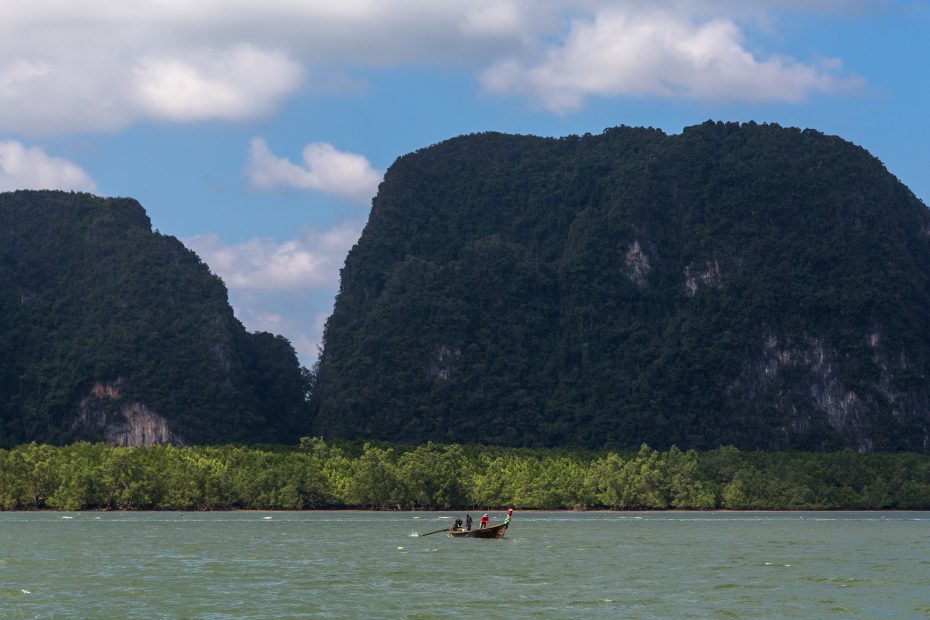Table of Contents
Introduction
Rwanda is a small landlocked country in East Africa known as the “Land of a Thousand Hills” due to its stunning green mountainous landscape. Located just south of the equator, Rwanda has a pleasant tropical climate and rich biodiversity. Though a small nation, Rwanda offers visitors scenic natural beauty, unique wildlife, and a vibrant culture shaped by both tradition and tumultuous history.
History and Culture
Rwanda has been inhabited since at least the Stone Age. The pre-colonial era saw the formation of a centralized kingdom under a monarch known as the Mwami. Rwanda was colonized by Germany in the late 19th century and passed to Belgian control after World War I.
In the 20th century, tensions grew between the two main ethnic groups, the Hutu and the Tutsi. This culminated tragically in the Rwandan genocide against the Tutsi in 1994, during which over 800,000 people were killed. Since then, Rwanda has made immense progress under President Paul Kagame, but deep wounds remain.
There are a few main languages spoken in Rwanda – Kinyarwanda, French, Swahili, and English. Most Rwandans today identify simply as Rwandan rather than by ethnicity. Traditional culture is still alive through dance, music, arts, and storytelling.
Tourist Attractions
Volcanoes National Park in northwest Rwanda is home to mountain gorillas, golden monkeys, and 178 bird species. Trekking to see gorillas in their natural habitat is an unforgettable experience. Akagera National Park in eastern Rwanda features savanna, wetlands, and diverse wildlife like elephants, giraffes, and zebras.
Lake Kivu in western Rwanda is stunning with its blue-green waters and hilly shores. The popular resort area of Gisenyi on the lakeshore has beaches, water sports, and mountain views. In the capital Kigali, the Kigali Genocide Memorial documents Rwanda’s history. The Nyungwe Forest National Park is Rwanda’s largest protected rainforest, with primates, orchids, and canopy walkways.
Adventure Activities
Gorilla trekking is Rwanda’s most sought-after activity. Seeing these gentle giants up close in the jungle is an incredible privilege. Canopy tour ziplines, forest hikes, volcano climbs, and camping are all ways to experience Rwanda’s great outdoors.
White water rafting and kayaking on the Nyabarongo River provide a thrill while surrounded by nature. Dhow boat cruises, swimming, and fishing are popular on Lake Kivu as well. Akagera National Park has bike tours, foot safaris, and boating. Birdwatching is exceptional across Rwanda’s many habitats.
Delicious Food and Drinks
Bananas, beans, sweet potatoes, plantains, cassava, and Ankole cattle are key agricultural products in Rwanda’s rich farmlands. Traditional meals feature ingredients like beef, chicken, fish, rice, ugali, matoke (cooked plantains), and kachumbari (tomato-onion salad). Brochettes (kebabs) are ubiquitous street food. Vegetarian fare is plentiful with options like peanut tofu stew.
Rwanda produces some of Africa’s finest coffee, best enjoyed rich and black. Local brews include urwagwa made from the fermented juice of bananas, and ikigage, a sorghum beer. Bottled water is widely available to keep hydrated while exploring.
Travel Tips
Due to Rwanda’s tropical climate, it’s ideal to visit during the mid-year dry seasons between June-September and December-January. The rainy seasons are March-May and September-November. English, French, and Kinyarwanda are widely spoken in cities and tourism areas. Rwanda is an easy country to get around via buses, rental cars, motorbike taxis, and domestic flights. Accommodation ranges from luxury lodges to budget hostels and campsites. Rwanda is very safe, but take normal precautions as in any developing country. Malaria prevention medication is recommended.
Conclusion
Though small in size, Rwanda offers superb natural splendor from mountain gorillas to hidden lakes, along with a vibrant culture and significance for humanity. Visiting Rwanda provides meaningful opportunities to understand the past and join in its hope for the future. The legendary hospitality and beauty of the “Land of a Thousand Hills” should place Rwanda high on any travel bucket list.
FAQs
What is Rwanda best known for?
Rwanda is best known for its mountain gorillas, which can be visited on trekking tours in Volcanoes National Park. Rwanda is also known for its stunning green, hilly landscape, earning it the nickname “Land of a Thousand Hills.”
When is the best time of year to visit Rwanda?
The best time to visit Rwanda is during the mid-year dry seasons between June-September and December-January. This provides drier weather and easier wildlife viewing compared to the rainy seasons.
What languages are spoken in Rwanda?
The main languages spoken in Rwanda are Kinyarwanda, French, English, and Swahili. Kinyarwanda is the national language while English and French are also official languages. Swahili is used by some groups.
What are the top things to do in Rwanda?
Top activities in Rwanda include gorilla trekking, visiting Lake Kivu, the Kigali Genocide Memorial, Akagera National Park safaris, Volcanoes National Park hikes, canopy tours, and cultural experiences.
Is Rwanda safe to visit?
Yes, Rwanda is generally very safe to visit, especially in areas frequented by tourists. Basic precautions should still be taken, but violent crime is rare. The turbulent history means sensitivity should be shown at genocide memorials and sites.
